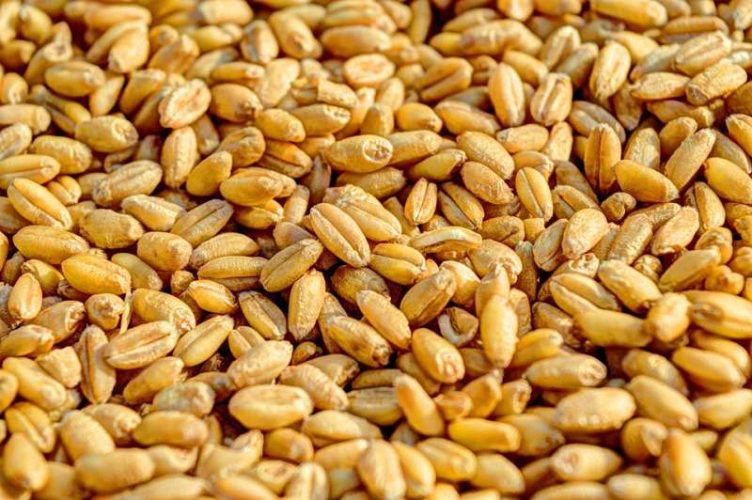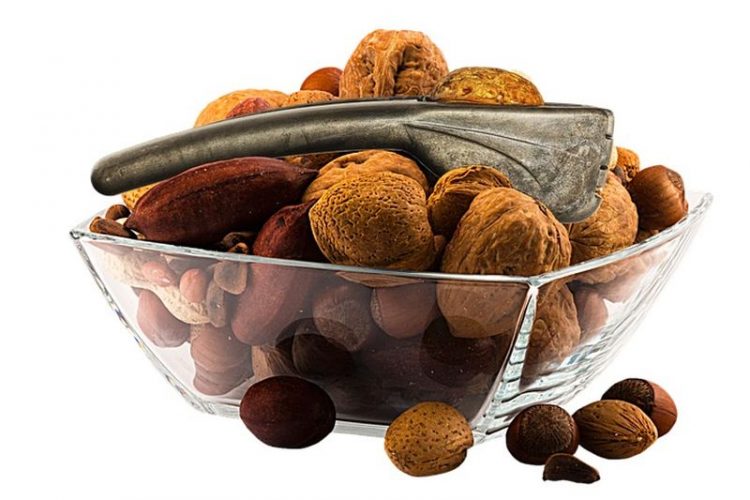All of a sudden gluten-free products seem to be everywhere. But what is gluten and why is gluten so bad for you? Actually, for most people, gluten is not bad. Gluten has played an important role in the human diet since the days we stopped being hunters and gatherers and started farming. Gluten is a composite of protein found in grains, rye, barley and spelt. Wheat is just one popular source of gluten.
What is Gluten?
Gluten is a mixture of proteins. It occurs in grains of various cereals such as spelt, barley, oats, rye and especially wheat. When baking, Gluten is an important component of flour that provides properties without which baking would not be possible. The word Gluten comes from the Latin word for “Glue”. Without gluten, most of today’s baked goods would not exist.
Chemically Gluten consists of smaller protein building blocks, Gliadin and Glutenin. Gliadin can be termed as a culprit for bothering people after the consumption of gluten-rich food items.

Is Gluten Bad for everyone?
Now, it is very natural for you to think about gluten being just another food component and nothing special about it. Is it not? But do you know that according to a study published in a leading scientific journal, New England Journal of Medicine, 55 diseases can be caused by the intake of gluten? There is a wide array of conditions ranging from fatigue, canker sores to osteoporosis, and inflammatory bowel disease.
How does it even occur? How can an innocent protein component be responsible for such dangerous medical conditions? The answer to the above questions lies in the very fact that gluten works through its way of rendering troubles by making the body inflamed. Hence, a vast range of symptoms is observed throughout the body. It can also affect the brain or the nervous system in a similar way as it affects the digestive system.
Celiac Disease – Gluten Intolerance
People with celiac disease are intolerant towards gluten. Even minute quantities may be enough to cause symptoms and troubles. The lining of the small intestine of celiac patients is damaged after the immune response generated from exposure to gluten. This, in turn, interferes with the absorption of nutrients from food, causes the above-mentioned symptoms, leads to medical conditions like osteoporosis, infertility, nerve damage, and even seizures.

Gluten-Free Diet
Going on a gluten-free diet is extremely challenging for one and all. You must always remember that switching to a gluten-free diet can make you vulnerable to various nutritional deficiencies. Fortified cereals and bread are a major source of vitamin B. Gluten-free bread is not fortified with vitamins.
People are switching to a gluten-free diet for many reasons, be it losing weight, boosting metabolism, boosting energy levels, and whatever. Although no scientific research studies have proven the above facts. People are resorting to a gluten-free diet based only on little testimonials in the media or because it’s trendy right now.
Should I eat Gluten-Free?
Statistically, less than 1 out of 100 people suffer gluten intolerance. However, the number varies greatly in different countries and continents. You need to consult with your physician to find out if you belong to the affected.
Just because something is gluten-free doesn’t mean that it is better. Especially for one who does not suffer from celiac disease! So Not everyone should go Gluten Free just because of its trend right now.
When on a gluten-free diet it is important to replace gluten-containing foods with gluten-free whole foods. Fortunately, when regularly cooking dishes in a slow cooker it is easy to cut on Gluten. Remember to eat several servings of fruits and vegetables throughout the day. In addition, fish, eggs, poultry, and dairy products are good and can contribute to a balanced diet.
I hope this article answered the question of: why is gluten so bad for you? If so, maybe you want to share it. Thank you.
